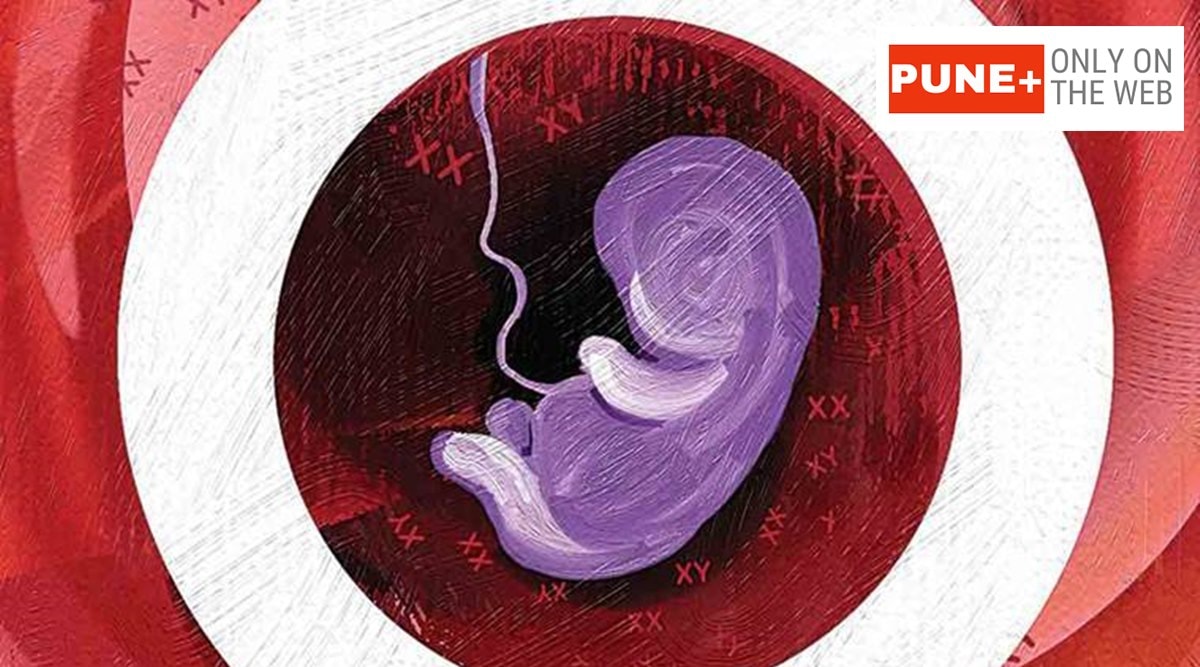 The state government believes that a 111-point drop over a five-year period could not be explained as a normal variation.
The state government believes that a 111-point drop over a five-year period could not be explained as a normal variation.
A few days after the National Family Health Survey (NFHS) showed a significant decline in Maharashtra’s sex ratio, the state government has asked district health officials to ensure a more rigorous implementation of the Pre-Conception and Pre-Natal Diagnostic Techniques Act (PC-PNDT) which prohibits sex-determination tests with the objective of preventing female foeticide.
At a three-day training programme, conducted between December 17 to 19, civil surgeons, municipal health officers, and district administration were told to intensify their efforts to prevent female foeticide and crack down on clinics and hospitals that were clandestinely allowing sex-determination tests.
The fifth NFHS report, which is a periodic, large-scale survey of Indian households, shows female to male child ratio among newborns in Maharashtra had dropped by 11 points compared to the previous report that had come out in 2015-16. At that time, 924 females were being born for every 1,000 males, but this has now come down to only 913 females for every 1,000 males.
Maharashtra health department’s own provisional data, based on the civil registration system – which is a register of births and deaths – for 2018 shows there were 60 blocks in 11 districts in Maharashtra where the sex ratio at birth had declined to less than 900 females for every 1,000 males.
The state government believes that a 111-point drop over a five-year period could not be explained as a normal variation.
At the training programme, district and municipal health officers were also asked to re-start the regular meetings of advisory committees which monitors the implementation of the PCPNDT (Pre-Conception and Pre-Natal Diagnostic Techniques Act, 1994). Such committees have been constituted in every municipal corporation and within the district administration. A state level supervisory board also exists for the same purpose. These committees are supposed to meet regularly to review the implementation of the act within their respective jurisdictions.
Due to the Covid-19 pandemic, the advisory committees have not met for several months. The state government has asked them to hold their next review meetings before January 10. But the reconstitution of the state supervisory board, which has a three-year term, has not happened since 2018. State government officials say this board is likely to be reconstituted soon.
The district and municipal authorities were also asked to initiate a drive to register hospitals, clinics and laboratories to prevent unauthorised sex-determination tests. Some participants at the meeting also stressed on the need to provide for online registration of genetic counselling centres, genetic clinics and genetic laboratories from January 2021.
Dr Archana Patil, state director of health, said the training was also meant to demystify some of the provisions of the PC-PNDT act, and focus on the standard operating guidelines for appropriate authorities.